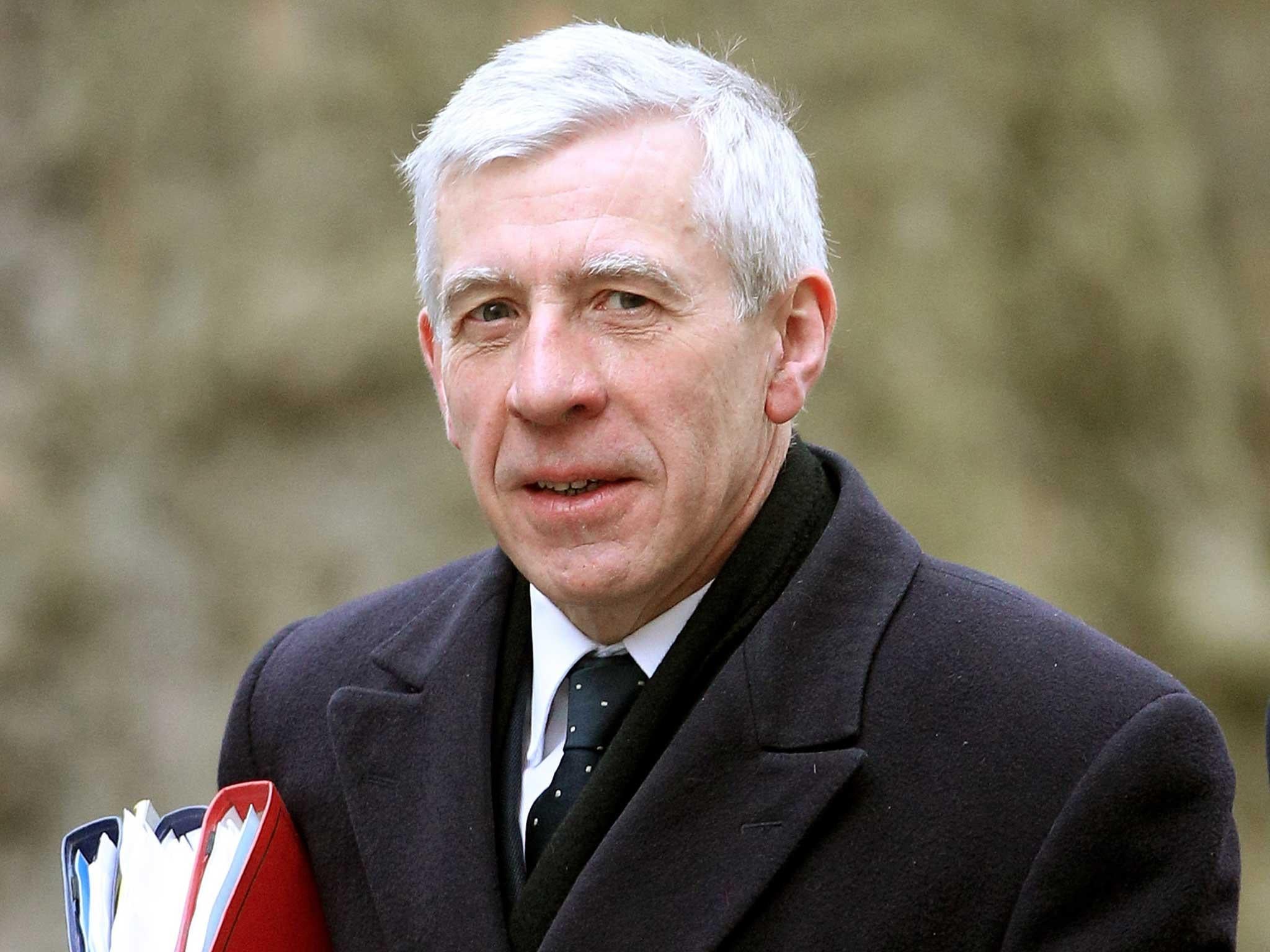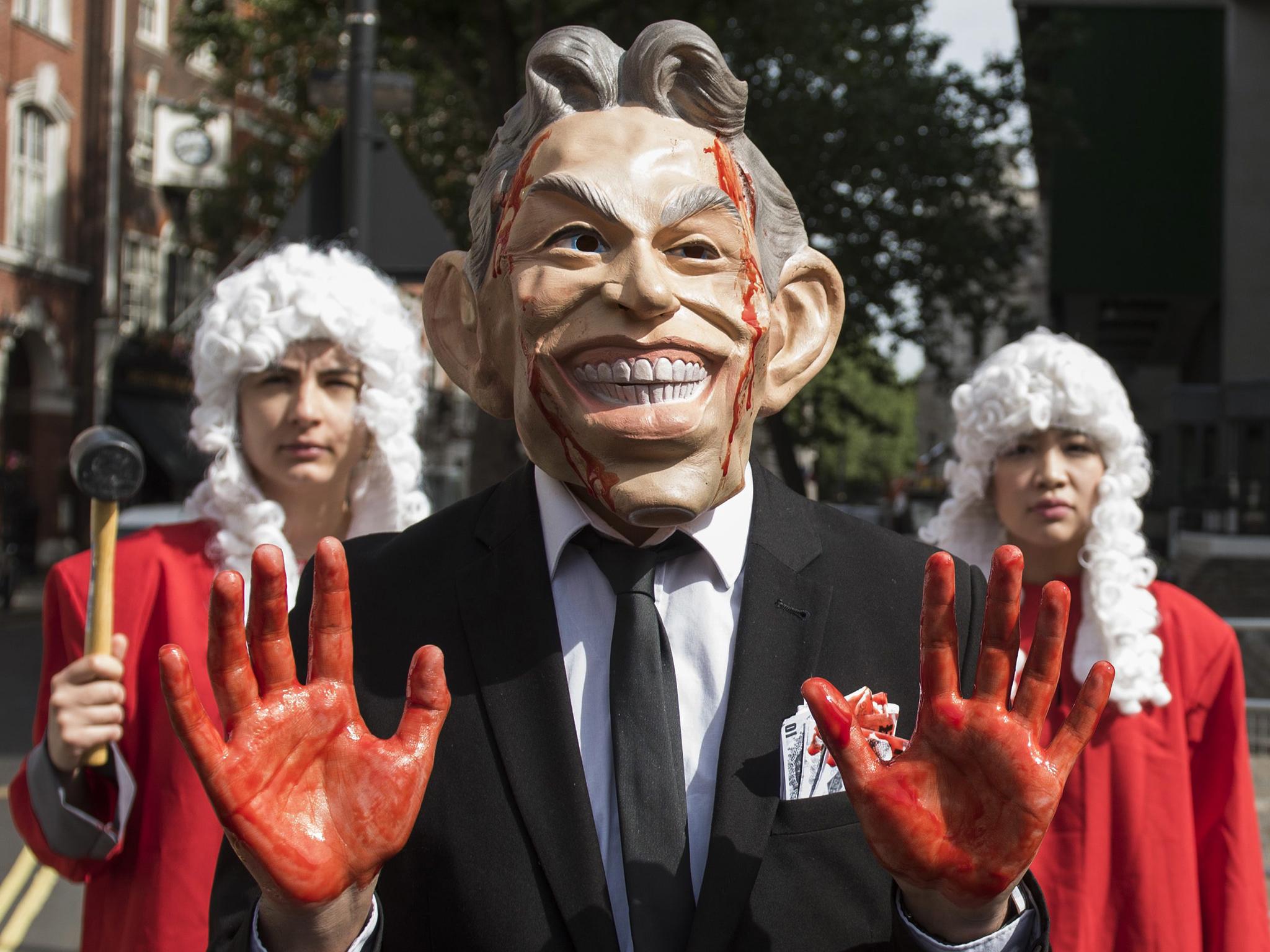Hacked emails appear to show Straw saying 'only silver lining of Brexit' was to distract public from Chilcot report
Hackers claim to have released emails between Mr Straw and former US Secretary of State Colin Powell

Hacked emails appear to show Jack Straw expressing his relief that the shock vote for Brexit diverted attention from a damning report into the Iraq War.
Alleged exchanges two days before the release of Sir John Chilcot’s long-awaited verdict on Britain’s intervention include emails between the former Foreign Secretary and ex-US Secretary of State Colin Powell.
“I have an idea what’s in it,” says an email marked “confidential” in Mr Straw’s name.
“The only silver lining of the Brexit vote is that it will reduce medium term attention on Chilcot – though it will not stop the day of publication being uncomfortable.”
The email included a draft statement also sent to General Powell’s successor, Condoleezza Rice, and deputy Richard Armitage.
In a publicly-released statement, Mr Straw said the consequences of the decision to invade Iraq would “live with me for the rest of my life” and offered his sympathies to the family and friends of those killed.
“Difficult decisions were made in good faith, based on the evidence available at the time – and only after strenuous efforts had been made by me and many others, across the international community, to pursue a diplomatic resolution and avoid military conflict,” he added.
The messages, released by the DC Leaks group to publications including The Intercept, BuzzFeed and the Daily Caller, appeared to show Mr Straw calling the release of the Iraq Inquiry report on 6 July “unpleasant” despite “almost all the focus” being on Tony Blair.
A reply in General Powell’s name said the investigation “didn’t amount to anything in the US”.

It was unclear how the emails, which have not been verified, had been obtained.
DC Leaks describes itself as “a new level project aimed to analyse and publish a large amount of emails from top-ranking officials and their influence agents all over the world” but has been linked with a Russian-backed hacker.
The group has previously released hacked material regarding Hillary and Bill Clinton, and former Nato General Philip Breedlove.
The Independent has attempted to contact Mr Straw and General Powell for comment.
They were both in office when the UK voted to support America’s invasion of Iraq in 2003, ostensibly to prevent the manufacture and use of “weapons of mass destruction”.
The Chilcot report did not draw conclusions on the legality of the actions but provided a damning indictment of the lead-up to the conflict and UK’s response to warnings over the chaos and terror that would sweep Iraq after the removal of Saddam Hussein.
It said Saddam posed “no imminent threat” at the time of the invasion and the war was unleashed when diplomatic efforts had not been exhausted, on the basis of “flawed” intelligence that was not subject to sufficient challenge or oversight.
The probe found the military intervention ended six years later “a very long way from success”, with the “humiliating” spectacle of UK troops in Basra making deals with local militia who had been attacking them.
Families of British soldiers killed in the Iraq War called for criminal prosecutions over Government and military failings, while Mr Blair’s critics said the former Prime Minister should be referred to the International Criminal Court.
Evidence revealed that when reading a 2002 intelligence paper on the WMD threat from countries including Iraq, Iran, Libya and North Korea, Mr Straw called it “good, but should not Iraq be the first and also have more text?” adding: “The paper has to show why this is an exceptional threat from Iraq. It does not quite do this yet.”
The Iraq Inquiry report said Mr Straw later decided that a paper on Iraq should be issued without mentioning other countries of concern but “was advised that the evidence would not convince public opinion that there was an imminent threat from Iraq. Publication was postponed and the operation began on a dossier which will convince public opinion that military action was necessary.”
The process culminated in the creation of the nicknamed “dodgy dossier” used as the justification for Britain’s intervention in Iraq.
Join our commenting forum
Join thought-provoking conversations, follow other Independent readers and see their replies
Comments